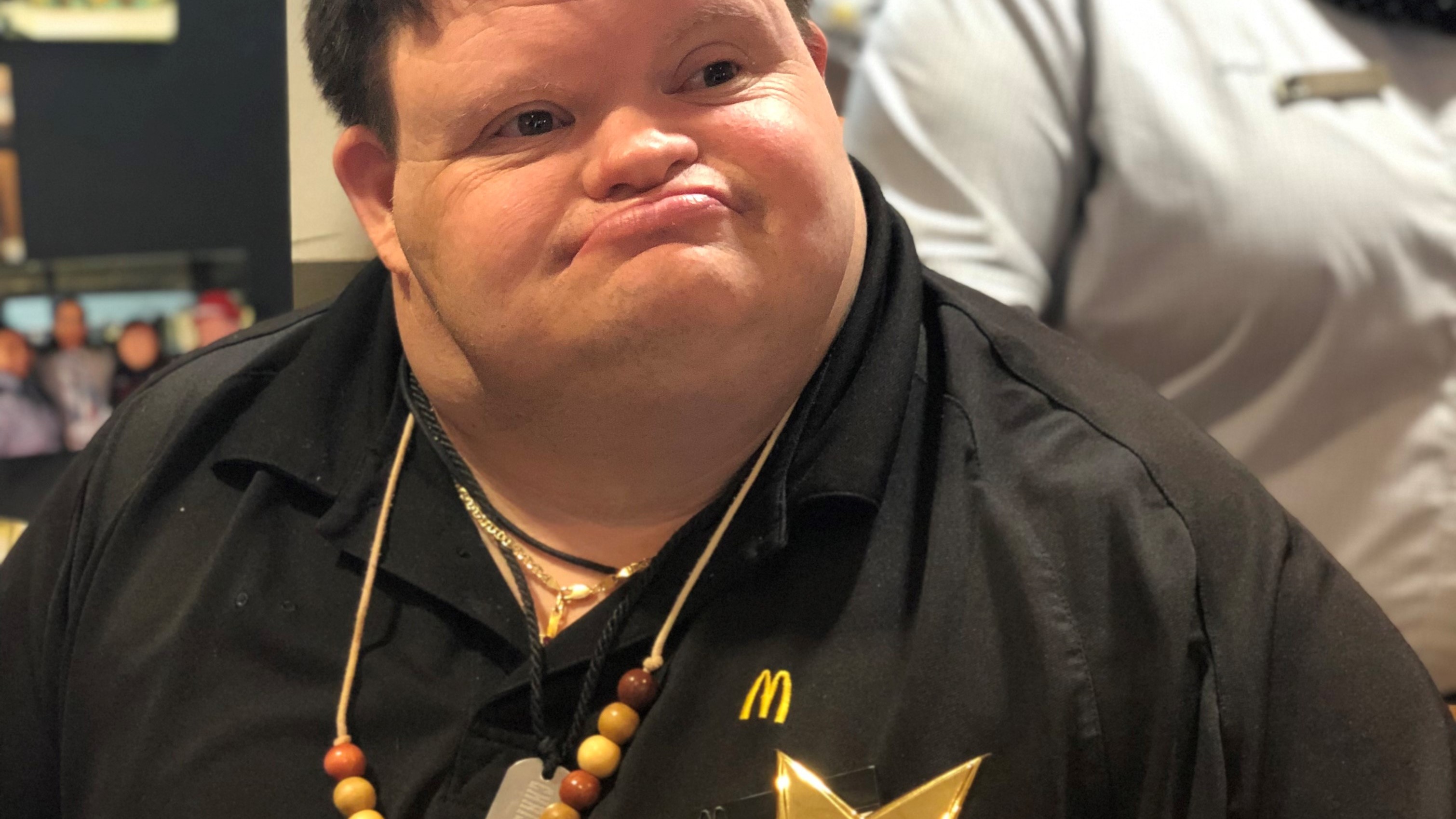The term "fat autistic" often evokes a spectrum of emotions and perceptions that can be both enlightening and challenging. In a world that often prioritizes conformity and narrow definitions of beauty and functionality, individuals who identify as both "fat" and "autistic" navigate a complex landscape. This intersection brings with it a unique set of experiences and challenges that deserve recognition and understanding. By exploring the lives of those who embody this dual identity, we can foster a more inclusive dialogue about body positivity, neurodiversity, and the multifaceted nature of human identity.
Being both fat and autistic can mean facing societal stigmas on multiple fronts. It’s crucial to acknowledge that these individuals are often marginalized not just due to their body size but also due to their neurological differences. This article aims to shed light on the diverse experiences of fat autistic individuals, breaking down stereotypes and celebrating their unique identities. By understanding their stories, we can better appreciate the rich tapestry of human existence.
As we delve into the world of fat autistic individuals, let’s explore various aspects of their lives, including personal experiences, societal perceptions, and their contributions to advocacy and representation. Through understanding, we can help dismantle the stigmas that hinder acceptance and promote a culture of inclusivity.
Read also:Blonde Phantom A Marvelous Tale From The Golden Age Of Comics
Who Are Fat Autistic Individuals?
The term "fat autistic" encompasses a diverse group of people who identify with both being neurodivergent (autistic) and having a larger body size. While each individual has their own unique experiences, they share common threads related to societal perceptions of body image and neurodiversity.
What Challenges Do Fat Autistic Individuals Face?
Fat autistic individuals often confront a myriad of challenges, including:
- Societal stigma related to body image and size
- Misunderstandings about autism and neurodiversity
- Limited access to health care that is sensitive to their unique needs
- Experiences of bullying or discrimination in various settings
How Do Societal Perceptions Impact Their Lives?
Societal perceptions can significantly impact the lives of fat autistic individuals, affecting their self-esteem and mental health. The intersection of fatphobia and ableism can create an environment where individuals feel compelled to hide their identities or conform to unrealistic standards. This can lead to internalized stigma and a reluctance to seek support.
What is the Importance of Representation?
Representation in media, literature, and art plays a vital role in shaping societal perceptions of fat autistic individuals. When people see characters and figures who reflect their identities, it can foster a sense of belonging and validation. Authentic representation helps challenge stereotypes and promotes a more nuanced understanding of the diverse experiences within the autistic community.
Who Are Some Notable Fat Autistic Figures?
There are several notable individuals who identify as fat and autistic, each contributing their voice to the conversation about body positivity and neurodiversity. Below is a table of some influential figures:
| Name | Profession | Contribution |
|---|---|---|
| Melissa McCarthy | Actress, Comedian | Advocacy for body positivity and acceptance |
| Hannah Gadsby | Comedian, Writer | Challenging societal norms through humor |
| Jess Thom | Artist, Activist | Promoting neurodiversity and accessibility |
How Can We Support Fat Autistic Individuals?
Supporting fat autistic individuals involves taking proactive steps to create a more inclusive society. Here are some actionable ways to provide support:
Read also:Chic And Trendy Valentines Day Nail Designs
- Educate yourself and others about autism and body diversity
- Challenge stereotypes and advocate for representation
- Promote body positivity and acceptance in your community
- Encourage open dialogues about neurodiversity and mental health
What Role Does Community Play?
Community plays a crucial role in the lives of fat autistic individuals. Whether through support groups, online forums, or local meetups, connecting with others who share similar experiences can foster a strong sense of belonging. Community support can also provide a safe space for individuals to share their challenges, triumphs, and strategies for coping in a world that often feels unwelcoming.
What Are the Future Directions for Advocacy?
The future of advocacy for fat autistic individuals lies in continued awareness and education. As more voices contribute to the conversation, we can work towards dismantling the barriers that hinder acceptance and understanding. Advocacy efforts should focus on:
- Policy changes that promote inclusivity in healthcare and education
- Increased representation in media and public discourse
- Building a culture that celebrates diversity in all its forms
How Can We Celebrate Fat Autistic Individuals?
Celebrating fat autistic individuals involves recognizing their unique contributions and embracing their identities. This can be done through:
- Highlighting their achievements in various fields
- Creating platforms for their voices to be heard
- Encouraging discussions about body positivity and neurodiversity in schools and workplaces
In conclusion, understanding the lives of fat autistic individuals is essential for fostering a more inclusive society. By embracing their identities and advocating for their rights, we can help dismantle the barriers that perpetuate stigma and discrimination. Together, we can pave the way for a future where everyone is celebrated for their unique contributions, regardless of size or neurological difference.


